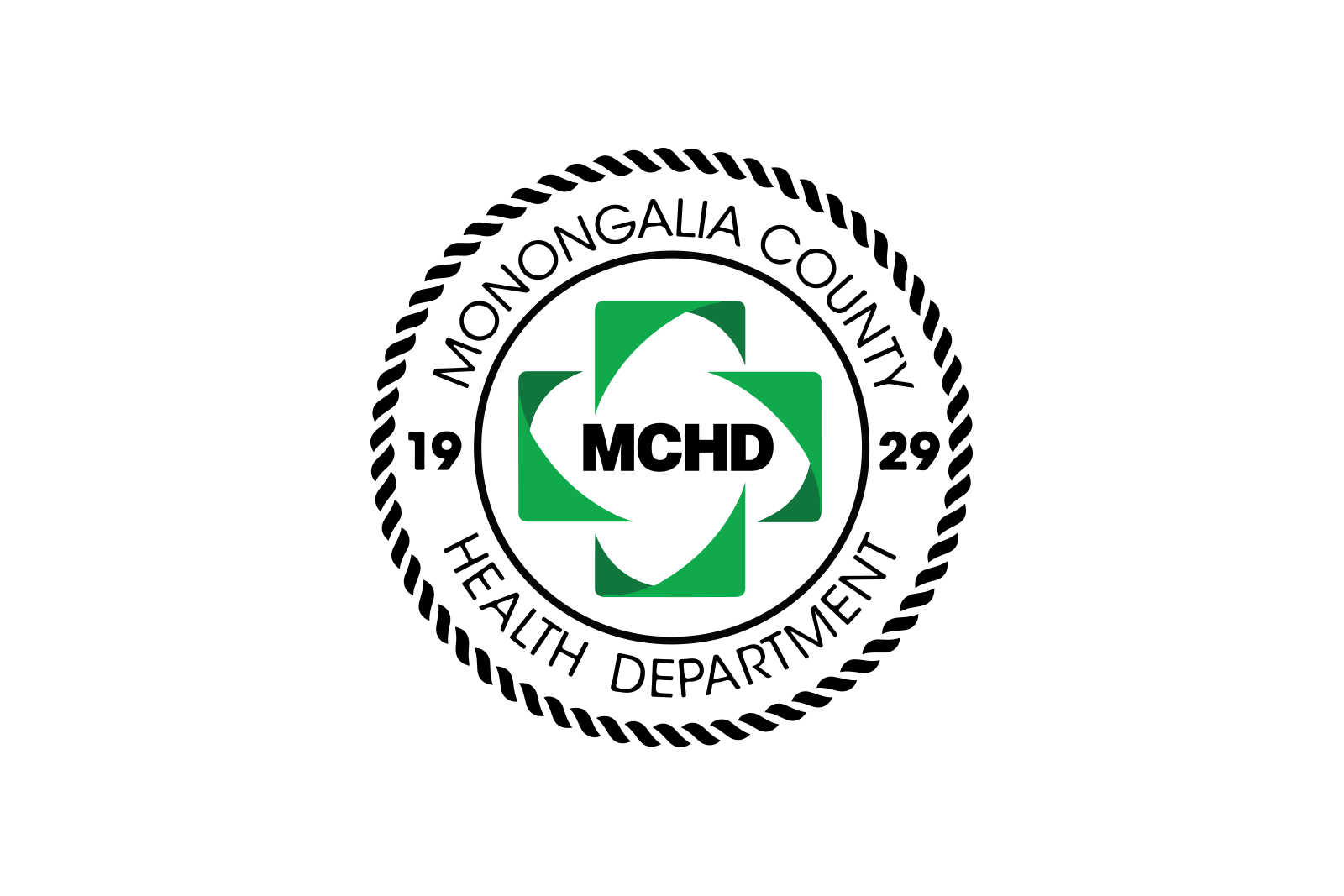Don't light up to cope with COVID-19 stress

Apr. 18, 2020
By Kenzie Bostick
With the entire world, medical community and news outlets focusing on the COVID-19 pandemic, it can be difficult to think of other possible health problems.
But the truth is, we still need to take care of and discuss other aspects of our health.
And while the pandemic is causing stress that might prompt some former smokers to get back in the habit, or occasional smokers to light up more, that’s not a good idea.
So it’s fitting that April is Oral Cancer Awareness Month.
According to the Oral Cancer Foundation, there are nearly 52,000 people diagnosed with oral and oropharyngeal cancers per year, and that’s just in the United States. Forty percent of those individuals will not survive five years. Those who do survive may have long-term problems, such as difficulty eating or facial disfigurement. According to the Oral Cancer Foundation, someone dies from oral cancer every hour.
There are two common causes of oral cancer: use of tobacco or alcohol, and HPV (human papillomavirus). Tobacco use includes smoking, chewing tobacco, cigars, pipe tobacco, etc.
The following are some of the symptoms of oral cancer caused by alcohol and tobacco:
● A sore that does not heal within two weeks
● Red, white or black discoloration of tissues in the mouth
● Wounds that bleed easily
● Lumps or hard spots, especially near the tongue
● A lump that can be felt on the outside of the neck
The symptoms of oral cancer caused by HPV are different:
● Hoarseness or sore throat that does not go away
● Constant coughing
● Difficulty swallowing
● Earache on one side
● Lump that can be felt on outside of neck
No matter the cause of the oral cancer, the symptoms are persistent and do not just go away.
Some people are more at risk of developing oral cancer than others. Those most at risk include heavy drinkers and smokers over the age of 50, and people who have been infected with HPV, regardless of age or if they smoke or not.
HPV is sexually transmitted and can also cause cervical cancer. HPV can take decades to cause cancer. For 99 percent of people, the HPV virus will clear on its own. For the 1 percent who do not, it can take decades for HPV to cause cancer.
There are some preventative measures that can be taken. Children and teens should receive the HPV vaccines, which decreases the chance of oral cancer. Tobacco use also should be avoided. If you need help quitting, contact the newly revamped WV Tobacco Quitline. If possible, go to the Quitline’s new website to sign up. You can also call 1-800-QUIT-NOW (1-800-784-8669). Help includes coaching calls as well as either patches or a prescription to help you quit, depending on whether you have insurance or Medicaid.
It can also be helpful to limit the consumption of alcohol and sun exposure to the mouth.
It is important to detect oral cancer in its early stages to improve the prognosis. Make sure to ask your dentist to perform an oral cancer examination at every check-up.
Monongalia County Health Department provides support in the fight against oral cancer.
First of all, MCHD Dentistry provides oral cancer screenings as part of a normal dental checkup, although right now, the practice is only seeing patients on an emergency basis. Call 304-598-5108 to schedule an appointment once things return to normal. Also, MCHD Clinical Services will be offer HPV vaccinations when regular hours resume. That number is 304-598-5119.
Kenzie Bostick is a public information intern at Monongalia County Health Department.